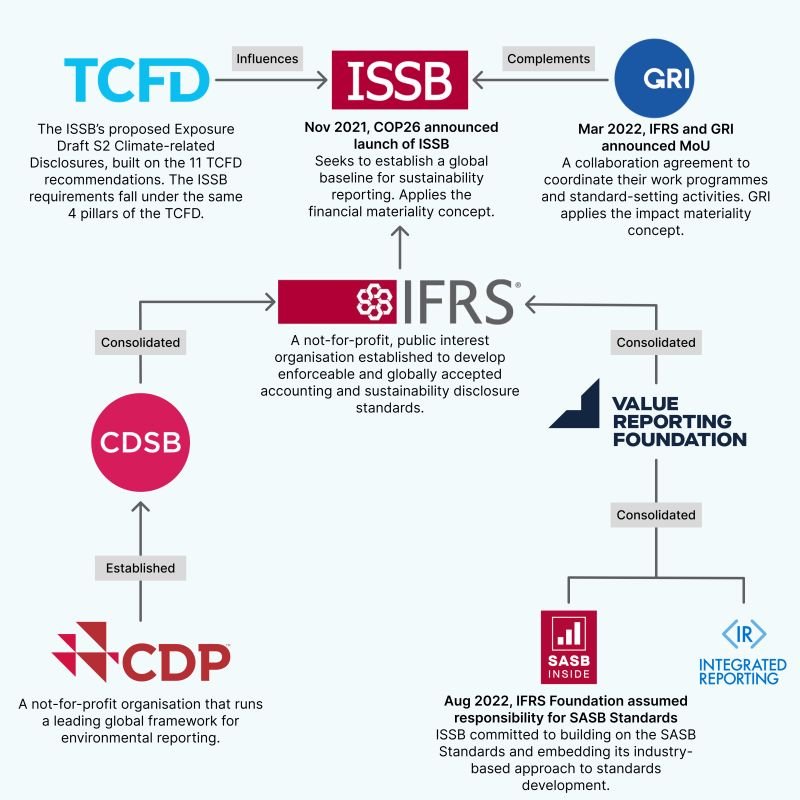
ESG reporting standards in Kenya are frameworks and guidelines that businesses use to disclose their environmental, social, and governance (ESG) performance. These standards enable companies to provide transparent and comparable data to investors, stakeholders, and regulatory bodies. ESG reporting standards are critical for businesses that want to demonstrate their commitment to sustainability and responsible governance while attracting investment. In Kenya, ESG reporting is gaining momentum as businesses strive to meet global standards and investor expectations.
What are ESG Reporting Standards?
What is ESG reporting
ESG reporting standards are guidelines that dictate how companies should report on their environmental, social, and governance practices. These standards ensure that businesses provide consistent, reliable, and comparable information on their sustainability efforts. Common ESG reporting standards include:
- Global Reporting Initiative (GRI): Focuses on transparency and sustainability.
- Sustainability Accounting Standards Board (SASB): Targets industry-specific standards.
- Task Force on Climate-related Financial Disclosures (TCFD): Emphasizes climate-related risks.
- International Integrated Reporting Framework (IIRF): Combines financial and ESG data.
These standards help businesses track and report their sustainability efforts, making ESG reporting essential for companies looking to align with global best practices.
Importance of ESG Reporting Standards in Kenya
Reporting standards in Kenya
In Kenya, ESG reporting standards are becoming increasingly important as businesses and investors seek to align with global trends in sustainable practices. Companies are adopting international frameworks to ensure they remain competitive and attractive to investors. By following these standards, businesses can:
- Enhance transparency: Provide clear data on ESG performance.
- Improve decision-making: Use ESG data to make informed business decisions.
- Attract investors: Investors are more likely to support companies with solid ESG practices.
- Comply with regulations: Adhering to ESG standards helps businesses comply with local and international regulations.
For guidance on ESG reporting in Kenya, reach out to info@michroniaconsultants.co.ke or call 0745 359397. Visit www.michroniaconsultants.co.ke for more resources.
Common ESG Reporting Standards
ESG reporting standards
Several widely accepted ESG reporting standards help businesses disclose their sustainability efforts effectively. These include:
- Global Reporting Initiative (GRI):
GRI provides a comprehensive framework for businesses to report on their sustainability impacts. It covers areas such as economic performance, environmental impact, and social responsibility. - Sustainability Accounting Standards Board (SASB):
SASB focuses on industry-specific standards that allow companies to disclose ESG factors relevant to their sector. This standard ensures that ESG reports are tailored to specific industries. - Task Force on Climate-related Financial Disclosures (TCFD):
TCFD focuses on how companies manage climate-related risks. It provides guidelines for disclosing the financial impact of climate change on a business. - International Integrated Reporting Framework (IIRF):
IIRF combines financial and ESG data in one report, providing a holistic view of a company’s performance. - Carbon Disclosure Project (CDP):
CDP focuses on environmental reporting, particularly in areas such as greenhouse gas emissions, water use, and deforestation.
For assistance with choosing and implementing ESG reporting standards in Kenya, contact info@michroniaconsultants.co.ke or call 0745 359397. Website: Contact – Mich&Ronia Consultants (michroniaconsultants.co.ke)
ESG Reporting Standards and ESG Certification
Certification
ESG certification ensures that businesses comply with recognized ESG standards and practices. Certification demonstrates a company’s commitment to sustainability and responsible governance, making it more appealing to investors and stakeholders. By adhering to ESG reporting standards and obtaining certification, businesses can solidify their credibility and improve their market position.
ESG certification covers various aspects, including:
- Environmental performance
- Social responsibility
- Corporate governance
Contact Information:
For more information on ESG certification in Kenya, contact info@michroniaconsultants.co.ke or call 0745 359397.
How ESG Reporting Influences ESG Investing
ESG investing
ESG reporting plays a vital role in ESG investing, where investors consider a company’s sustainability efforts alongside financial performance. Investors use ESG reports to assess the risk and potential of companies before making investment decisions. Businesses that adhere to high ESG reporting standards are more likely to attract ESG investors who prioritize sustainability and ethical practices.
In Kenya, ESG investing is on the rise as more investors seek out companies that comply with ESG standards and demonstrate a commitment to responsible business practices.
Contact Information:
For advice on how ESG reporting can impact your company’s appeal to investors, reach out to info@michroniaconsultants.co.ke or call 0745 359397.
The Future of ESG Reporting in Kenya
As Kenya continues to embrace sustainability, the adoption of ESG reporting standards is expected to increase. Local businesses are recognizing the need to align with global best practices to remain competitive. With growing investor interest in ESG factors, businesses in Kenya that adopt robust ESG reporting frameworks are likely to benefit from greater investment opportunities and improved reputation.
Contact Information:
To stay updated on ESG reporting trends in Kenya, contact info@michroniaconsultants.co.ke or call 0745 359397.

